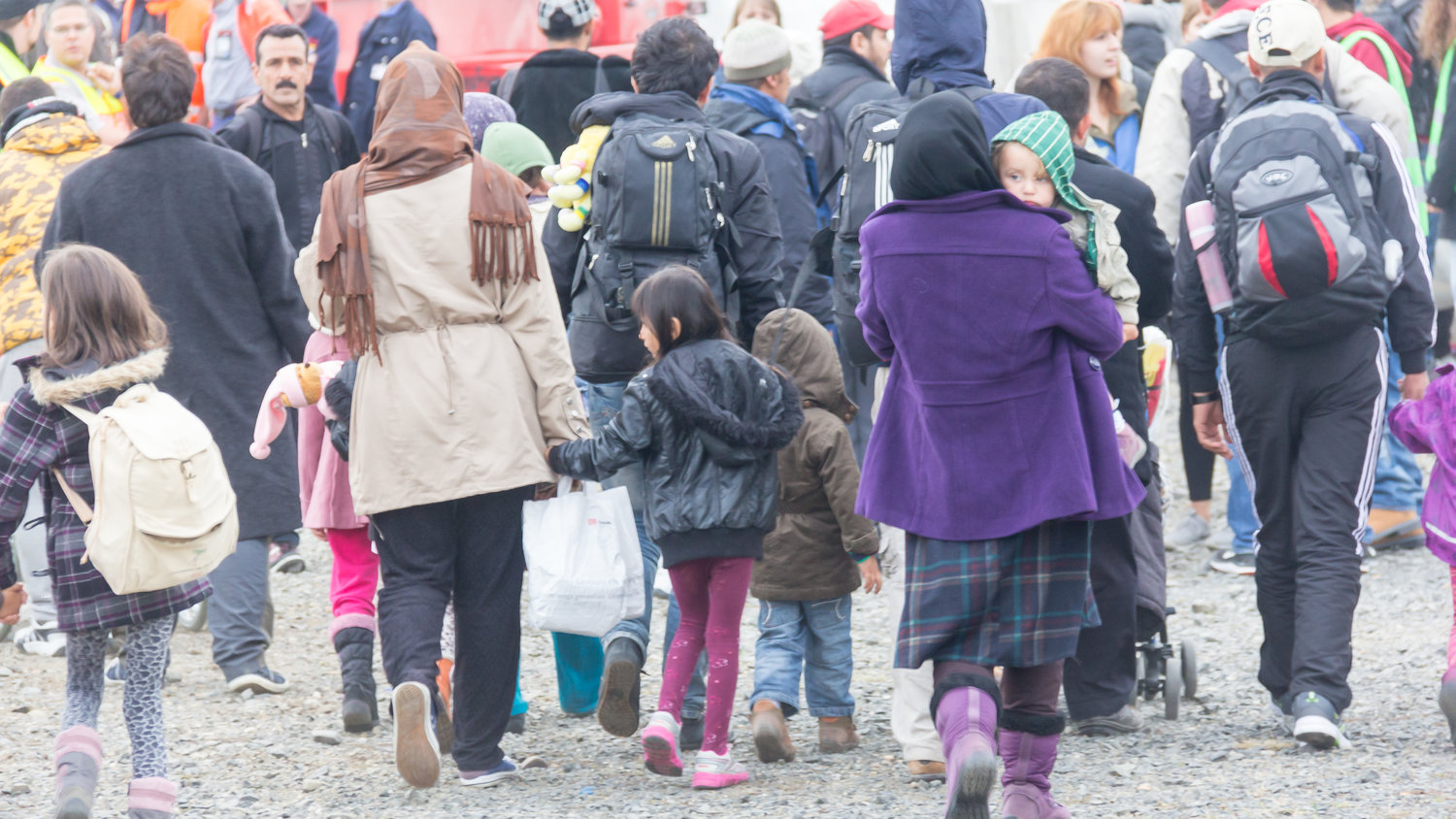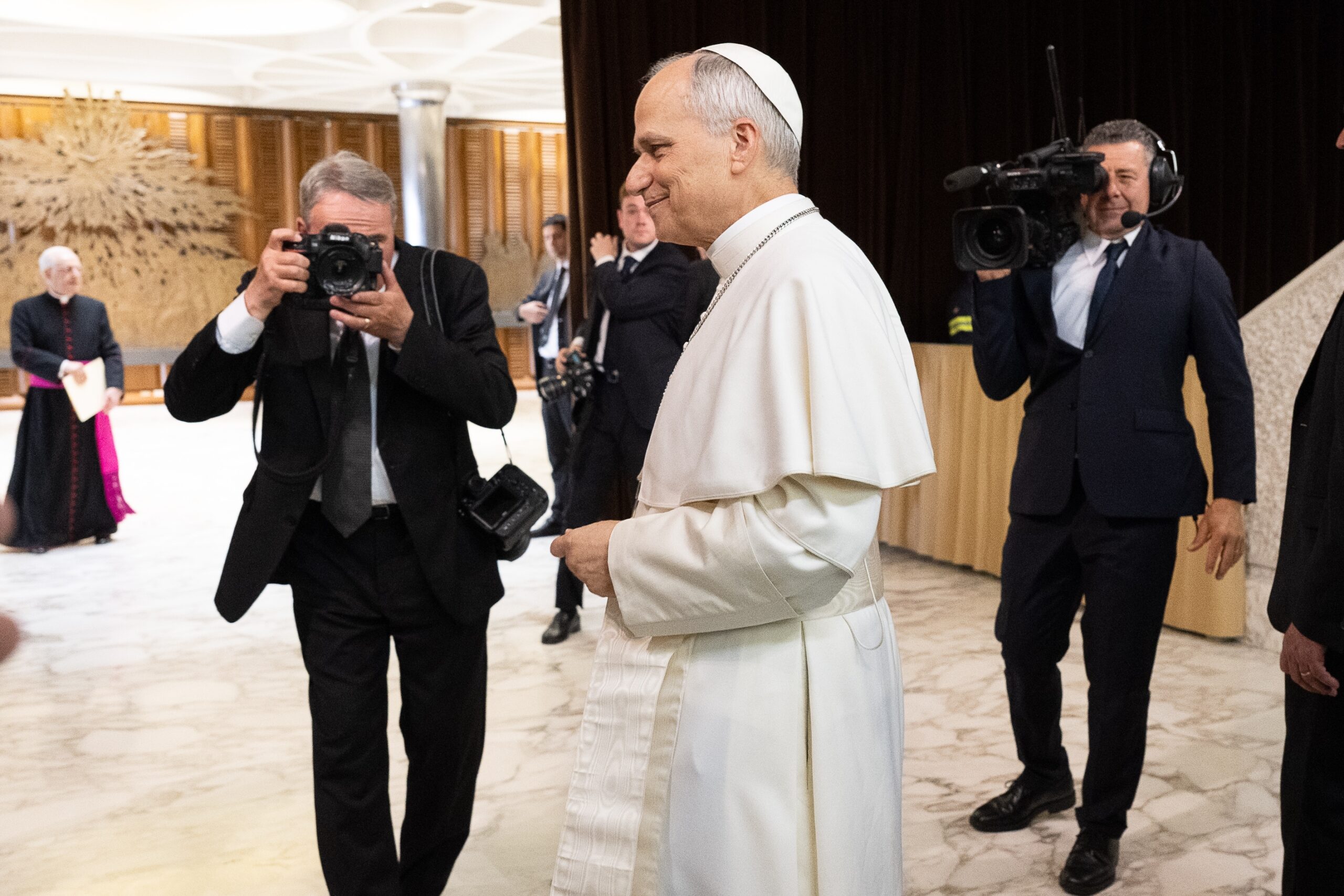DEAR READER,
This week, NATO leaders are heading to The Hague, where they will be pushing to set a new benchmark for defense spending, 5% of GDP. Not everyone’s on board (shocker), but we will be watching closely, especially since Volodymyr Zelenskyy is invited to attend again, but it is rumoured that Ukraine will only get a passing mention. We will unpack what it all means for our region in next week’s edition.
For now, though, we are zooming in on the South Caucasus. Specifically, how countries there are responding to the latest escalations between Israel and Iran. We asked Rusif Huseynov, Director of the Topchubashov Center in Baku, to walk us through the regional developments.
And one more thing:
We have just launched our brand-new Brief Eastern Europe website! It is the first of many changes coming to New Eastern Europe. You will find all our past briefs, plus links to the magazine, podcast, and some featured illustrations. We also recently asked a select group of readers for feedback — and now, we would love to hear from everyone else. Tell us what you think of our newsletter — and your words might even appear on the website! It takes just 2–3 minutes to fill out the form, and we love reading each and every contribution.
Enjoy reading this week’s “brief”!
— Giorgi Beroshvili, Editor
TOP STORIES OF THE WEEK
🇧🇾 Belarusian opposition figure Siarhei Tsikhanouski was freed after more than five years in prison. He reunited with his wife, exiled opposition leader Sviatlana Tsikhanouskaya, in Lithuania. His release, alongside 13 others, followed hours-long talks between President Alexander Lukashenko and US envoy Keith Kellogg. Tsikhanouski was arrested during the 2020 presidential campaign and later sentenced to 20 years on politically motivated charges. As one Brief reader and contributor noted, Tsikhanouski’s return raises intriguing questions about how he will integrate into the broader democratic movement. He said he won’t interfere in Sviatlana’s work and plans to return to YouTube rather than politics. Whether that holds remains to be seen. After spending the past two years completely cut off from the outside world, with no access to news, he’s reentering a movement that has evolved significantly in his absence.
🇺🇦 Russian overnight attack killed at least 7 in Kyiv region. Residential buildings, hospitals, and sports facilities were hit in the latest wave of attacks. Ukraine’s air force said Russia launched 352 drones and 16 missiles, mostly targeting the Kyiv area. The capital is still recovering from a separate strike last week that killed at least 28 and wounded over 100 — one of the deadliest since the war began in February 2022.
🇷🇴 President Nicușor Dan named pro-European Ilie Bolojan as prime minister on Friday. President Dan called Bolojan the best choice to “adjust the Romanian state apparatus”. Bolojan will face a steep deficit of 9.3% (the EU’s highest) and a polarised parliament after far-right parties captured a third of seats. Talks to form a pro-European coalition have excluded far-right figures, sparking backlash from defeated presidential candidate George Simion. Bolojan warned of “unpopular measures” ahead, including spending cuts and tax hikes. His appointment still needs parliamentary approval.
🇬🇪 A car hit two protesters during a demonstration in Tbilisi on Sunday. The incident happened during a "zebra protest", while demonstrators were blocking traffic by repeatedly crossing the street on a crosswalk. Video footage shows the vehicle driving aggressively before fleeing the scene. The Interior Ministry has opened an investigation for “group violence causing physical pain”, though no arrests have been confirmed. This marks day 206 of Georgia’s anti-regime protests.
A MESSAGE FROM OUR PARTNER
Receive Honest News Today
Join over 4 million Americans who start their day with 1440 – your daily digest for unbiased, fact-centric news. From politics to sports, we cover it all by analyzing over 100 sources. Our concise, 5-minute read lands in your inbox each morning at no cost. Experience news without the noise; let 1440 help you make up your own mind. Sign up now and invite your friends and family to be part of the informed.
EXPERT OPINION
Iran-Israel conflict and Azerbaijan’s calculated neutrality

The ongoing Iran-Israel conflict is raising alarm across the South Caucasus, where the three regional countries – Armenia, Azerbaijan, and Georgia – have generally maintained a policy of neutrality while voicing concern over the potential for escalation.
Georgia, despite not sharing borders with either side, remains particularly cautious. While the country views rising tensions in the region with apprehension, it has opted for a carefully balanced and neutral stance.
Armenia and Azerbaijan, which do share borders with Iran, are also monitoring the situation closely. In Armenia's case, the concern is understandable: although the government and much of the society lean towards the West, Iran is viewed as a crucial security partner, particularly in offsetting the influence of Azerbaijan.
For Azerbaijan – the largest country in the South Caucasus – the situation is even more complex. Its strategic partnership with Israel is well-established and no secret. Over the past two decades, Baku has steadily deepened its military and technological cooperation with the Jewish state, notably acquiring advanced Israeli weaponry that played a pivotal role in the 2020 war over Nagorno-Karabakh. More recently, Azerbaijan has expanded this cooperation by finalizing additional deliveries of Barak-8 air defence systems, increasing joint drone production with local value-added components, and securing new energy agreements in Israeli waters.
However, relations between Azerbaijan and Iran remain strained, despite the same religious –Shiite – background. Tehran views Baku with suspicion, echoing a broader imperial mind-set akin to how Russia perceives Ukraine – seeing Azerbaijan as part of a former imperial domain. Ideological differences, particularly between Iran’s theocratic regime and Azerbaijan’s secular governance model, further fuel mistrust.
Complicating matters is the presence of a large ethnic Azerbaijani population within Iran –estimated between 15 to 30 million – which fosters cultural and emotional ties across the border but also stokes Iranian fears of potential Azerbaijani irredentist sentiments.
The current crisis could further challenge Iran’s perception of Azerbaijan’s neutrality. The latter’s close alliance with Israel has long led some elements within Iran’s leadership to suspect Baku of possible involvement in hypothetical Israeli military actions. During one of the earlier Iran-Israeli escalations, some hardliners within the Iranian political establishment offered to hit Baku in retaliation, either the Israeli diplomatic mission or just as an easier target.
This time, too, some fringe online sources circulated rumours of Azerbaijani complicity in Israeli actions against Iran. However, Azerbaijani authorities swiftly and firmly denied any involvement. Presidential foreign policy advisor Hikmat Hajiyev dismissed these claims – especially allegations that ethnic Azerbaijanis inside Iran were recruited to aid Israeli efforts – as unfounded and part of a deliberate disinformation campaign.
Despite its official neutrality, Azerbaijan faces several real risks from any further escalation. A humanitarian crisis, particularly a mass exodus from Iran, is a distinct possibility, and Baku appears to be quietly factoring this into contingency planning. A sudden influx of both ethnic Azerbaijanis and non-Azerbaijanis could carry significant political, social, and economic consequences.
Another concern is the potential for environmental fallout. Due to Israeli and US strikes on Iran’s nuclear facilities – particularly Fordow or Natanz – there is fear of radioactive contamination affecting neighbouring countries. To date, Azerbaijan’s mobile radiation-survey units deployed along the southern border have not detected any such threat. Armenian teams in the Syunik province have reached similar conclusions.
Faced with these challenges, Baku has adopted a calibrated two-track strategy: engaging Iran as a cautious and often difficult neighbour while maintaining a robust security partnership with Israel. Although strict neutrality remains Azerbaijan’s most prudent course, it must also prepare for a range of possible scenarios inside Iran – including mass out-migration, internal unrest, regime change, or even territorial fragmentation.
— Rusif Huseynov, Director at Topchubashov Center
SUPPORT NEW EASTERN EUROPE

New Eastern Europe — a non-profit publication based in Poland — has been covering the region since 2011. With a network of contributors across Central and Eastern Europe, we provide in-depth, English-language analysis, firsthand perspectives, and stories that often go unheard.
Your support helps us continue giving voice to the region.
ARTICLES OF THE WEEK
CARTOON OF THE WEEK

Do you want to see more of Andrzej’s drawings? Check out our dedicated gallery page featuring his cartoons here.




